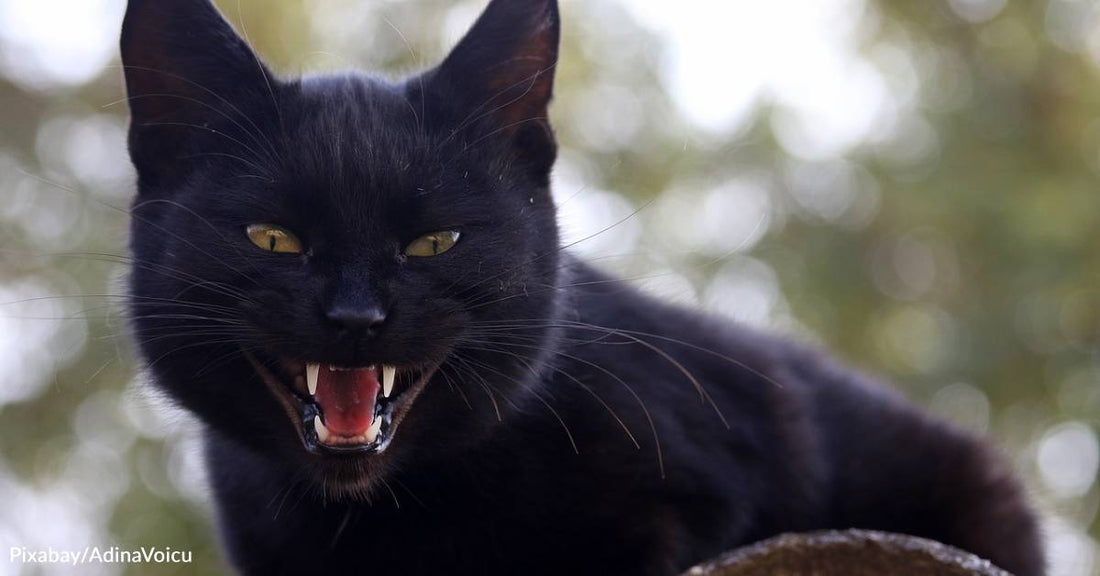Wisconsin Cat Surprises Owner, Brings Home Alligator Remains
Rebecca West
Cats are predatory animals that prey on small creatures like mice, rats, shrews, and unfortunately birds. When they manage to get their paws on these critters, they often bring them home as a prize for their owners. Apparently, they think we're lousy hunters and, as part of the pack or pride, we need looking after. It's a sweet thought, but we'd really rather skip the carnage.
The Dairy State
One 2-year-old cat in Wisconsin must firmly believe that their human falls in this category because each day the frisky feline brings their paw parent home something different to fawn over. Recently, however, their owner was shocked by their most recent present — the remains of a small alligator. Obviously, there was no fawning or "good kitty" follow-up on the heels of the special delivery, but there was a call to the Wisconsin Department of Natural Resources to verify the find.
Catch of the Day
The black cat, named Burnt Toast, belongs to Wendy Wiesehuegel, who was in shock when she saw the small alligator head. Wiesehuegel couldn't believe her eyes, as gators are by no means native to the Dairy State. Cows, yes, but alligators, no. And if it was a gator, how had it possibly survived the cold temps? Even her neighbors questioned the find at first, believing it might have been some sort of fish, instead.
Wisconsin Department of Natural Resources
That's when Wiesehuegel decided to reach out to the Wisconsin Department of Natural Resources (WDNR) to report the incident and see if the creature couldn't be positively identified, according to Field & Stream. After doing so, Game Warden Tim Aspenson confirmed that the head did belong to what was estimated to have once been a 3-foot alligator that was likely someone's escaped pet or was perhaps dumped into the nearby lake.
It's still unclear how Burnt Toast managed to get its paws on the alligator skull, but Wiesehuegel did note that her neighbors had recently seen a bald eagle in the area feeding on "something rather large." The WDNR has been asking the public for any information they can supply about the alligator and where it might have come from. Non-native invasive species pose a threat to the environment (just ask anyone living in south Florida) and other animals — wildlife and domestic pets included.




